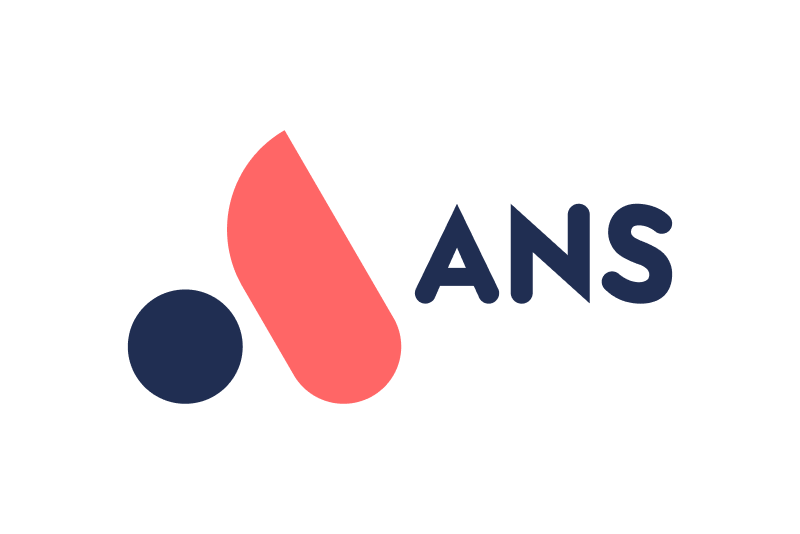Migrate to cloud to unlock the potential of your data
Reasons for moving data to the Cloud
Data is fast becoming the hot topic for healthcare organisations. How to keep it safe; how to improve, predict and prevent health problems through valuable insights; how it can be used better for supporting world-class medical research; and overall, how it can make the NHS even more brilliant.
With the NHS having over 5 million GP Consultations and 3 million hospital visits every week, the amount of data available to the wider and individual organisations is vast. The information can be used to improve the delivery of healthcare, make better, more informed operational decisions, aid quality improvement, support commissioning, policy-making and public debate. Data will be critical to ensuring a lot of funding decisions across the NHS in the future and is widely required for:
- Managing Demand: Understanding how healthcare organisations can better manage, forecast, and prevent the intake and outtake of patients and manage resources around this.
- Delivering Healthcare Efficiently: How organisations can look to reduce costs and improve the way in which they deliver care by using technology.
- Digitising Paper Processes: Paper-based processes across the NHS are being digitised to remove the risks of losing important health data and providing access to that data for other organisations
- Preventative Care: Through monitoring the quality of care over time problems can be identified and acted on before hospital admissions and further care in the community is required.
- Evaluate Interventions Impact: Using your data to understand how effective active services are and if they require any changes/further resourcing etc.
The big challenge for most healthcare organisations however is how to get this data in an easy, accurate and understandable manner. Many Trusts have dedicated IT teams for managing their on-premises Data Warehouse/s, BI teams for analysing the data and engineers for gathering the data. This is often no easy task as data within the NHS is often homegrown over years, sitting across multiple systems, servers, and hundreds to thousands of tables. Duplication, errors in data input, old unsupported SQL servers, and resources spending time cleansing data rather than doing their day-to-day jobs are all common themes when it comes to the existing data landscapes.
A cloud approach to deliver a Modern Data Platform
So how are healthcare organisations tackling this? They’re starting to look at a cloud approach to deliver a Modern Data Platform. The main differences and therefore rationale around this are as follows:
- Open Data Access: As traditional on-premises data is heavily based on structured data, it’s difficult for an organisation to generate business intelligence analysis from other data sources such as weather feeds for example – a modern data platform can consume data in any format, from any location and is able to process it all in a central location.
- Logical Construction: In an on-premises data warehouse, data is usually put into a physical server and then left there until someone is ready to analyse it. In a modern approach, data can be pulled from various sources, in different formats at different times and once its finished with it, it can be put right back where it came from. The data process is flexible and provides organisations with a virtualisation layer that consolidates all the different pots of data into one logical construct. This enables organisations to move from reactive analytics to predictive analytics.
- Metadata Driven: This is a set of data that describes and provides information about other data – something which isn’t usually possible in an on-premises data warehouse. Teams are usually deployed to manually bring this data into the enterprise data warehouse, with these usually being homegrown over years, with a lack of structure processes, the maintenance costs of this are becoming a burden and reports are getting bottlenecked by the time it’s taking to re-format the data. Organisations don’t have this time or money to waste anymore, a modern data platform is allowing them to take advantage of opportunities by integrating and analysing data in real-time to quickly export insights. It’s vital to have this capability or else data could end up everywhere and the cost and size of the data warehouse could become out of control.
- Highly Orchestrated: A highly orchestrated modern data warehouse is the optimal utilisation of data at the minimal cost. With metadata, organisations can start automating the lifecycle of data and govern it automatically to understand and optimise the utilisation. You can easily move data to different tiers to drive cost savings.
- Highly Secure: One of the main advantages of a modern data platform is the ability to share data quickly and easily. Across healthcare and other sectors, such as local government, data sharing is key. In traditional data warehouses, you would have to give a third-party access to a full data store for this. In the cloud, you can apply object-level security and compliance i.e., you can provide information for a specific list of patients with specific problems of a certain age rather than providing everything.
Truly integrated care can only happen when health and care organisations can collaborate seamlessly. As an Azure Expert MSP partner, ANS can help you pursue long-term transformation. One based on integration and collaboration that puts people at the centre of everything you do. We know it’s tricky figuring out where to start, so we offer a free-of-charge Modern Data Platform assessment that provides you with a:
- Data review of your existing landscape
- Future state and the different approaches for migrating
- Operating model and delivery plan
- Cost model, traditional vs cloud platform
- Options around procurement – CAPEX use etc.
- Business Case output
Find out more about the data platform assessment here.





